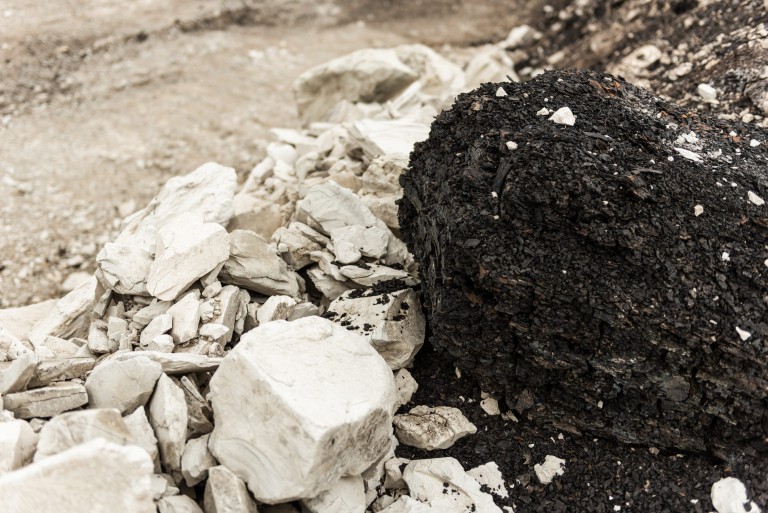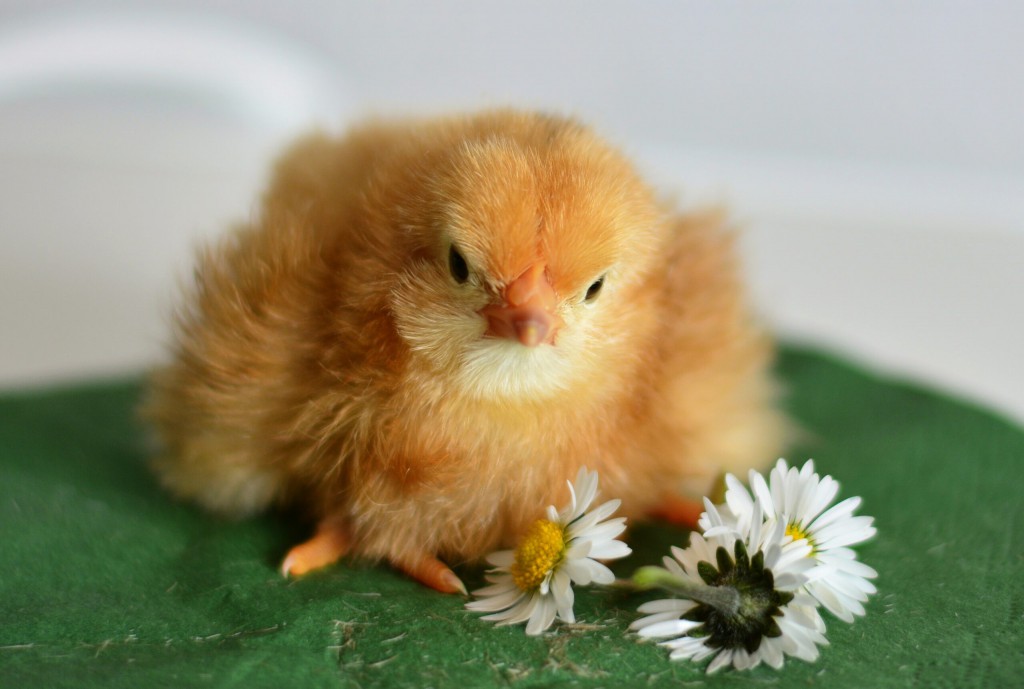Does anything say “Easter” like an adorable baby chick? Second only to bunnies, chicks are the animal most often connected with Easter and the coming of the spring. Easter eggs are a long-familiar sight this time of year, and what better result from an egg than a fuzzy ball of chicken cuteness?
Baby birds, rather naturally, have long been associated with springtime. In early Anglo-Saxon days, Eostre was the goddess of the spring and rebirth, and her sacred animal was the hare. According to one legend, as a children’s entertainment Eostre transformed her pet bird into a hare who could magically lay colored eggs. Eggs became a popular Easter food in the Middle Ages. As eggs were often given up for the forty days of Lent, they were savored at Easter feasts. Rabbits and eggs have remained symbols of Easter into our modern times.
In more recent history, the coloring of chicks with bright dyes was once a popular 20th century practice. Common too, was the giving of live chicks as Easter presents. Today, of course, we know that chicks require much more than a basket and some straw in order to survive and thrive! The practice of coloring animals for entertainment has all but disappeared (and is illegal in 45 states).
Raising chicks requires a good deal of care and commitment. For those who would like to enjoy babies without the long-term responsibility of adult chickens, there are even some enterprising entrepreneurs that will ‘rent’ chicks for a short-term experience. You can have fertilized eggs and supplies delivered right to your door and return the young chickens after they fledge in roughly 6 to 8 weeks.
If you are well equipped to handle baby chickens that will rapidly turn into adults, then Eastertime can be the perfect time to add to your flock. Safe and natural products are a wise choice for environmental enhancement, moisture reduction, and odor control. Absorbent Products’ Fresh Coop Dust Bath helps encourage natural bathing behavior in chickens, and because it is made from food-grade diatomaceous earth, there is no concern should the birds ingest it. We also manufacture several other products for healthy flock management. For more information, and to see our full range of products for your backyard chickens, please visit our website at www.absorbentproducts.com


